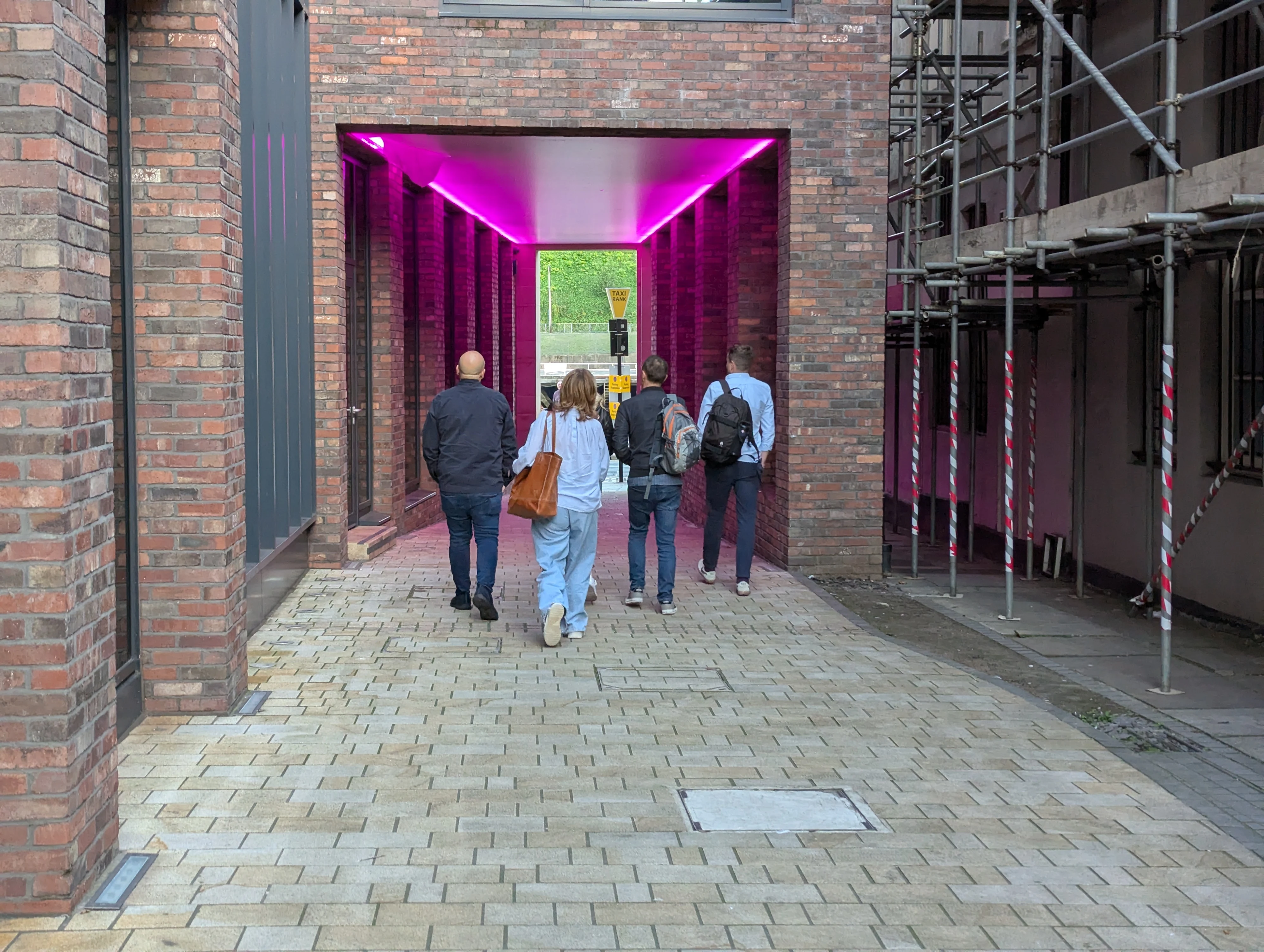In today's diverse work environments, the importance of understanding and embracing differences has never been more vital. Each team member brings a unique background, perspective, and set of experiences, which shapes the way they think, communicate, and approach problems. As we move towards more inclusive workplaces, recognizing and appreciating these differences is not only the right thing to do but also a strategic advantage.
Here’s why understanding our differences at work is essential for creating a positive, productive environment:
A Better Work Environment for All
The most immediate benefit of understanding differences is the creation of a work environment where everyone feels valued and respected. A diverse team is made up of individuals from different races, cultures, genders, age groups, abilities, and backgrounds. Each of these differences brings something unique to the table, whether it’s a new way of thinking, an alternative approach to problem-solving, or a broader perspective on customer needs.
When we take the time to understand these differences, it fosters mutual respect and appreciation. Employees feel empowered to bring their whole selves to work without the fear of being marginalized or judged. This kind of atmosphere encourages open communication and collaboration, resulting in a more harmonious and engaging workplace.
Enhancing Creativity and Innovation
Diverse teams are often more innovative. When people from different backgrounds come together, they approach challenges from different angles, leading to more creative solutions. This diversity of thought can spark new ideas, improve processes, and drive innovation.
Think about it: when everyone in a team thinks alike or approaches problems the same way, it limits the range of ideas and reduces the potential for innovation. But when we embrace different perspectives, we're more likely to come up with unique, creative solutions that benefit the entire organization.
By understanding and leveraging our differences, we can create a team that’s not only more innovative but also more adaptable to the ever-changing landscape of the workplace.
Improved Communication and Collaboration
Effective communication is one of the cornerstones of any successful team. However, communication styles can vary greatly based on cultural, social, or personal factors. Some people may be more direct, while others might prefer a more collaborative or diplomatic approach. Understanding these differences in communication styles can help prevent misunderstandings and foster clearer, more effective exchanges of ideas.
When we take the time to understand how others communicate, we can adjust our own style to be more effective in reaching out to them. For example, if you know a colleague prefers written communication to verbal discussions, you can adapt to that preference. This creates a smoother workflow and lessens the chances of conflict arising from miscommunication.
Collaboration becomes easier too when you understand how people work best. Some might prefer to work independently, while others thrive in group settings. Recognizing these differences allows teams to allocate tasks in ways that play to each person’s strengths, which leads to better outcomes and smoother collaboration.
Increased Employee Engagement and Retention
When employees feel understood and valued for their unique perspectives, they are more likely to be engaged in their work. Feeling like an outsider or that your views are not respected can lead to disengagement, lower morale, and even turnover.
A workplace that embraces differences helps employees feel like they belong, which is a key driver of engagement. Studies have shown that employees who feel included and respected are more likely to stay with their organizations for the long term, reducing turnover rates and saving companies the costs of recruiting and training new staff.
Additionally, when diversity is valued, employees are more likely to feel supported in their growth and development, which leads to greater job satisfaction and productivity.
Building Stronger Customer Relationships
A diverse team is better equipped to understand and meet the needs of a diverse customer base. When employees from different backgrounds work together, they can offer a variety of insights into the preferences and needs of different demographic groups.
For example, a team with people who have different cultural experiences may have a better understanding of how to market to or interact with customers from various cultural backgrounds. By being mindful of these differences, businesses can improve customer satisfaction and increase loyalty.
Understanding our differences also allows us to create more inclusive products, services, and experiences, ensuring that all customers feel heard, valued, and represented.
Promoting Personal Growth and Empathy
Understanding and accepting the differences among our colleagues is not just beneficial for the workplace but also for our own personal growth. It teaches us empathy, patience, and open-mindedness.
When we engage with people who think, act, or live differently from us, we broaden our understanding of the world and gain new perspectives. This not only enhances our emotional intelligence but also helps us build stronger, more meaningful relationships both at work and in our personal lives.
Empathy is a powerful tool. It encourages us to approach challenges with kindness and a willingness to understand before making judgments. By practicing empathy, we can help create a more supportive and compassionate workplace where everyone feels heard and respected.
The importance of continuous learning
Understanding our differences at work is an ongoing process. It's not enough to simply acknowledge diversity, it’s about actively engaging with it and continuously learning how to collaborate, communicate, and respect each other’s differences. By fostering a culture of inclusion, empathy, and open-mindedness, companies can build stronger teams and more successful businesses.
It’s up to all of us to play an active role in embracing our differences. The more we understand and value one another, the stronger and more resilient our workplaces will become.
So, next time you interact with a colleague from a different background, take a moment to reflect on what they might bring to the table. Approach them with curiosity, openness, and respect. The understanding you cultivate today could be the key to a more innovative, harmonious, and successful team tomorrow.












